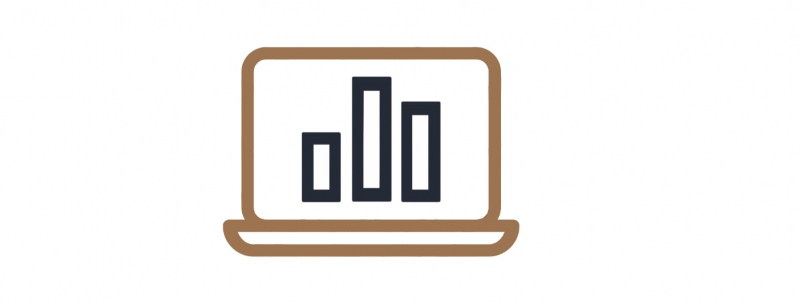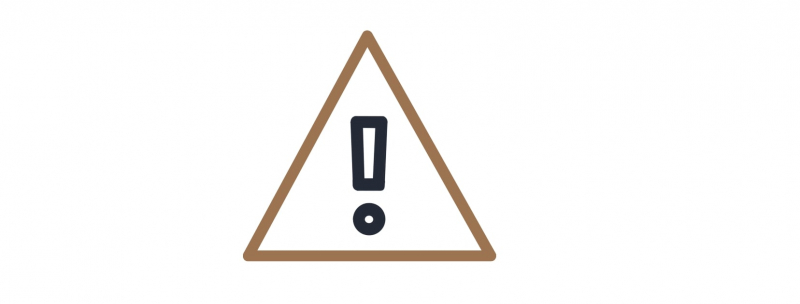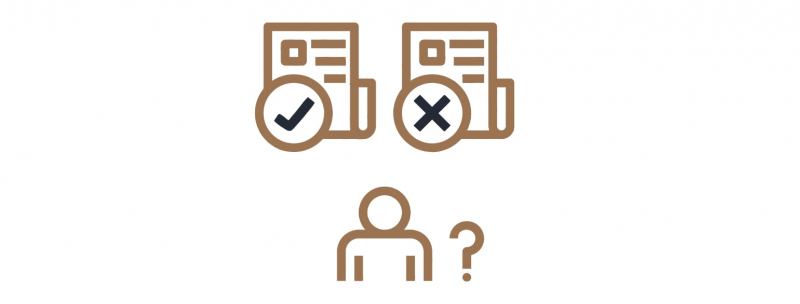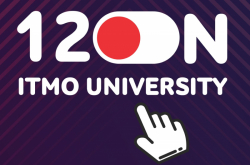- What is the h-index?
- How is it calculated?
- Who calculates the h-index?
- Are there ways to prevent boosting?
- So, does a high h-index mean that its owner is at the frontline of science?
- Can you use the h-index to compare the scientific impact of an engineer and a philologist?
- Are there other ways to compare the impact of scientists?
- So, which way is the best one?
1. What is the h-index?

The h-index is a metric that measures both publication activity and its citation impact. Simply put, it allows us to see how many frequently cited papers a scientist has published. Plus, both quantity and quality of publications are considered at the same time. The index is named after its inventor, the Argentine American physicist Jorge E. Hirsch.
2. How is it calculated?

The Hirsch index is calculated by a special formula: the index is N if N papers by an author were cited N or more times. If the author has 10 published papers, and they were cited 10 times, then the h-index is 10. If the number of papers is 11, but they were cited 10 times, then the index is still 10. To calculate your own h-index, you need to sort a list of published papers by citation impact and check the list up to the last publication that has a citation impact higher than its sequential number. Its sequential number equals the h-index.
Read also: Clarivate Analytics Expert Shares International Academic Collaboration Insights
3. Who calculates the h-index?

Almost all citation impact databases do. Moreover, the numbers they give may vary because each website calculates the index based on the materials indexed by this specific database. In Web of Science, for instance, you can create a citation impact review of any number of publications up to 10,000, and, among other qualities, the system will calculate the h-index.
4. Are there ways to prevent boosting?

Unfortunately, almost none. One can boost their Hirsch index by citing themselves or by asking several colleagues for mutual citation. However, h-index boosting can be easily detected and may have severe damage on your academic reputation. Even if someone used to do so in the past, it can still be detected by checking their old papers.
5. So, does a high h-index mean that its owner is at the frontline of science?

Unfortunately, not necessarily so. There are other problems other than cheating.
Firstly, a semi-retired researcher who had a high citation impact and was prominent 20 years ago will still have a higher h-index then a young colleague who makes discoveries today.
Secondly, an often-cited scientist sometimes has a lower h-index than a much less prominent researcher due to the method of calculations. If one author has 12 papers each cited 12 times, then their index is 12. However, if another author has 11 papers, each quoted 1000 times, their index would still be 11 even though such citation impact is basically at Nobel Prize level.
6. Can you use the h-index to compare the scientific impact of an engineer and a philologist?

Certainly not. That’s another problem with the h-index as a scientometric tool. In some fields of study, the average citation impact is higher than in others. A geneticist will probably have a higher h-index than a mathematician; and a mathematician will have a higher index than a historian. Basically, the ideal model of how one’s h-index should grow exists only in physics. In physics, each year of one’s active research experience adds one point to the h-index. And while it’s hard for an archeologist, a linguist, or an economist to reach similar numbers that doesn’t make them worse specialists.
7. Are there other ways to compare the impact of scientists?

Yes, there are two key qualities that mostly suffice for scientific impact assessment. The first one is the amount of publications in leading journals and their citation impact normalized per field. The second one is the opinion of colleagues: for some fields, this one is the most important one.
8. So, which way is the best one?

Everything should be taken into consideration: the amount of publications, a normalized citation impact, and the opinions of other scientists. You can’t exclude one of the factors, as only together they create a full picture.





